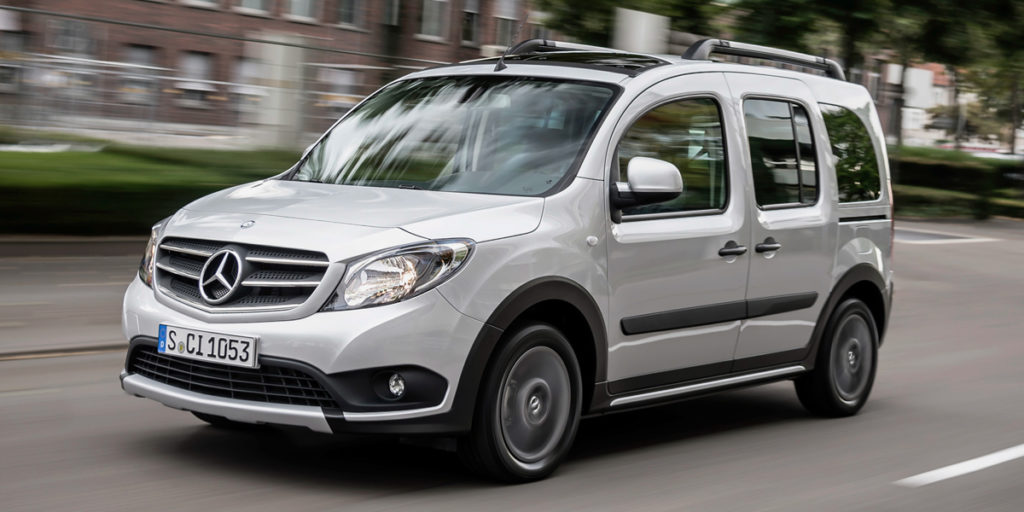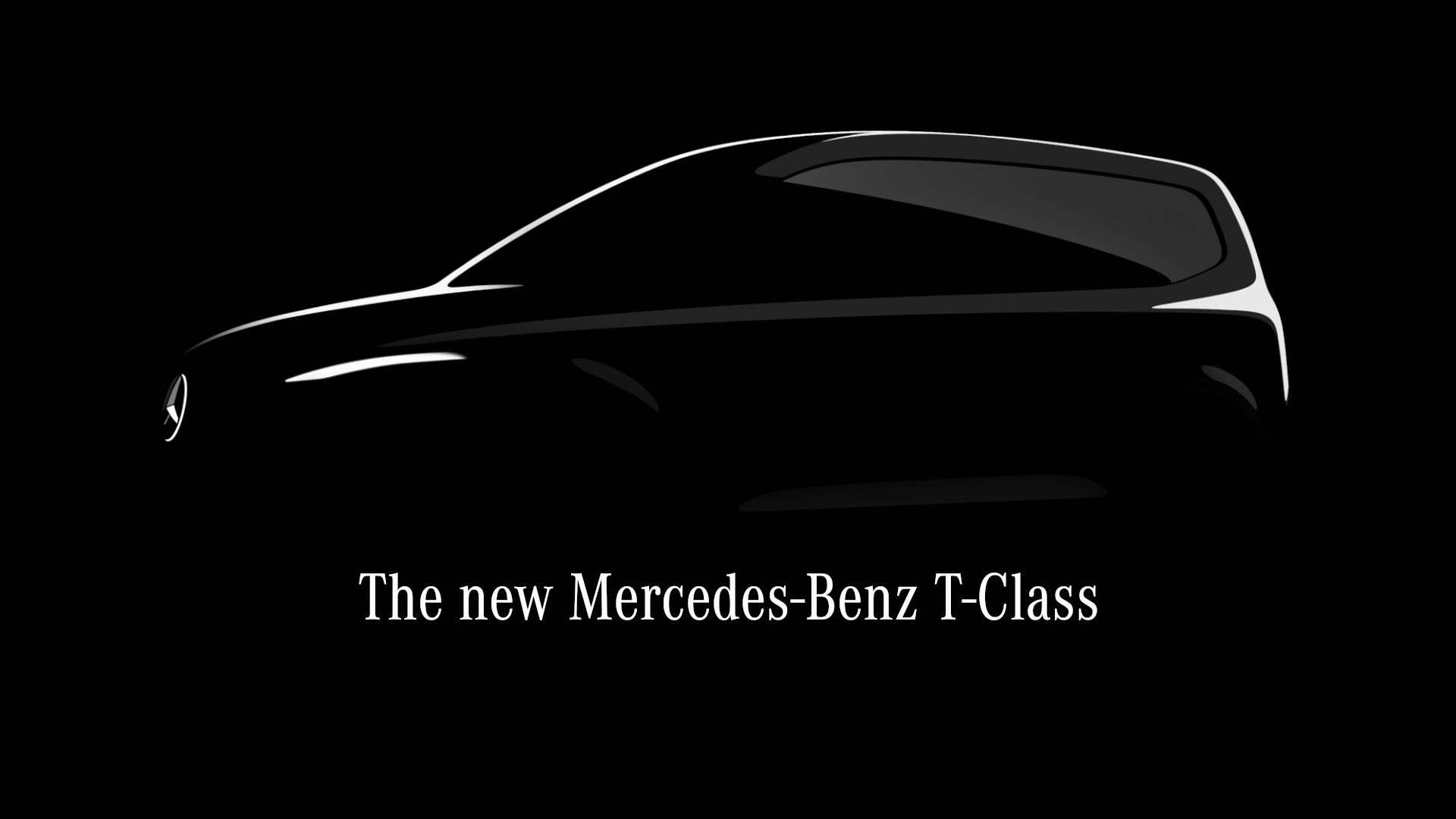A few years ago, Daimler and the Renault-Nissan-Mitsubishi Alliance signed agreements led to the creation of the Mercedes-Benz Citan. A light van derived from the second-generation Renault Kangoo that allowed the German brand to complement its successful range of commercial vehicles, consisting until then by the Vito and Sprinter.
However, everything seems to indicate that the next generation of the Citan will change radically. According to a preview published by Mercedes-Benz a few weeks ago, the new vehicle will change its commercial name to T-Class, following in the footsteps of the current V-Class, the deluxe version of the popular Vito.
This model will be a derivative of the third generation Renault Kangoo, with which it will share the platform, engines, and technology. Both will be produced at the same plant (Maubeuge, France) and the replacement for the Nissan NV200 and NV250. These three sisters will have the task of competing against the Volkswagen Caddy and the triplets Peugeot Partner/Rifter, Citroën Berlingo, and Opel Combo.

All three models will have 100% electric versions, the first being the Renault Kangoo Z.E. Following the names of its siblings in the range, the electric variant of the Mercedes-Benz T-Class will be baptized as EQT, just as the electric variant of the V-Class has received the name EQV.
According to internal Mercedes-Benz sources, the new T-Class and EQT will not be available in cargo versions, which would explain the abandonment of the Citan designation. The reason we would find it in that being an identical model to the Renault Kangoo, many Mercedes-Benz dealers had difficulty selling the more expensive Citan.
Thus, the T-Class and EQT will be offered only in glass versions and will have a playful approach. Although not yet confirmed, the EQT is expected to have a powertrain similar to the current Renault ZOE, which would involve using a 52 kWh capacity battery with L.G. Chem cells 135 hp electric motor, fast charging at 50 kW, etc.

